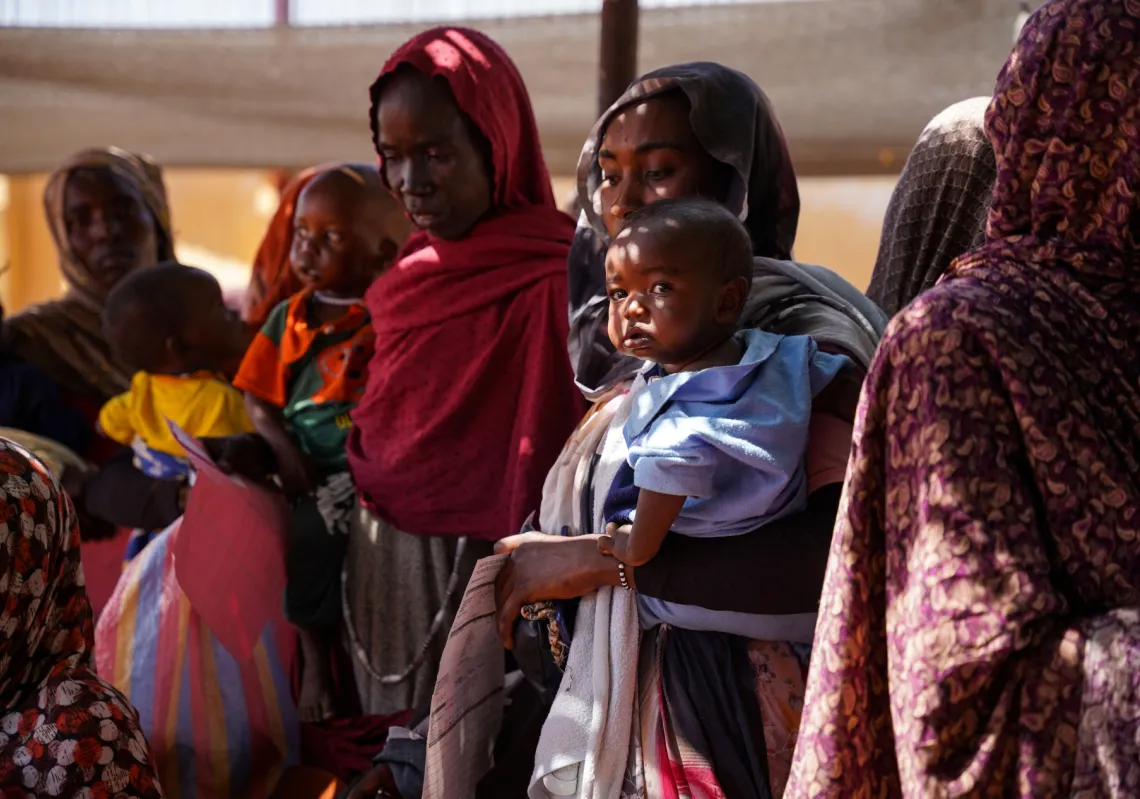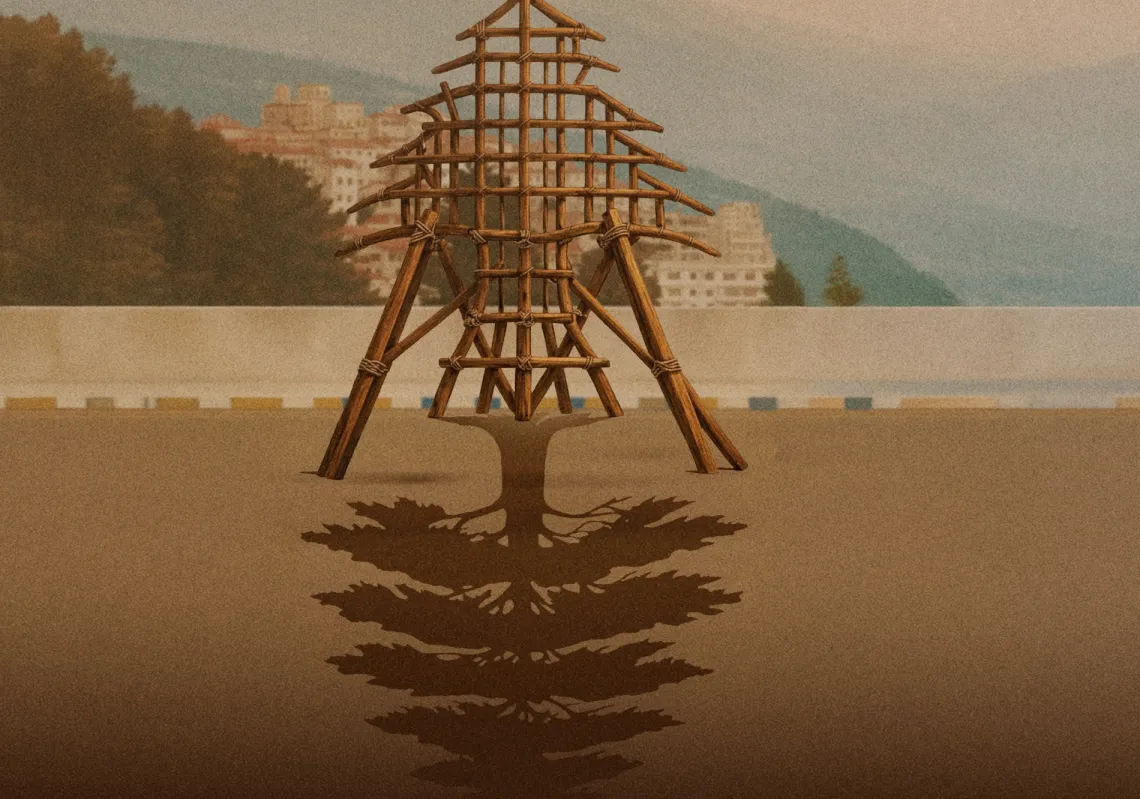Turkey's energetic “zero problem” foreign policy of recent years has often been compared to a juggler trying to keep several balls in the air: rediscovering the Arab world, engaging with Iran, trying to help Israel and Syria make peace, normalizing relations with Armenia, partnering with Russia, mediating in the Balkans and maintaining the US/NATO alliance—to name just the most obvious issues that keep Turkish Foreign Minister Ahmet Davutoğlu almost permanently en route to somewhere.
Turkey's handling of this bewildering whirl of issues brought plaudits from far and wide. In recent months, however, the act has become difficult to sustain. In the past year, well-negotiated protocols to open borders and establish diplomatic relations with Armenia got stuck when Turkey insisted on linking normalization to progress on resolving the Nagorno-Karabakh conflict between Armenia and Azerbaijan. Perceptions that Turkey was too close to the authoritarian regimes of Iran, Sudan and Syria have raised suspicions in Washington. And relations with Israel have hit a new low over Gaza, including the 31 May flotilla incident, which was surely not foreseen by either government, but has still robbed Turkey of its treasured image as a neutral player in the region.
Often overlooked, however, is the most important question of all: What is happening to Turkey's negotiations to join the EU, and the inextricably related question of how to settle the dispute that divides EU-member Cyprus. Convergence with the EU is the strategic enabler that has helped Turkey win the attributes that underpin its regional charisma: a real Muslim democracy, a largely secular, pluralist society and a broad-based, fast-growing economy that has now grown to be worth half as much as the two dozen countries of the Middle East put together. Adopting EU standards has been the locomotive of a reform project that has kept Turkey's demons at bay: tensions between Turks and Kurds, civilians and the military, secularists and Islamists, democrats and promoters of authoritarianism.
Since negotiations on full EU membership started in 2005, however, Turkey has faced a big problem: Leading politicians in France, Germany, Austria and some other EU states have done their best to derail Turkey's talks. Strong support in the recent Dutch elections for an anti-immigrant party implacably opposed to Turkey in Europe shows that this tendency remains, and it is making Turkish leaders increasingly bitter. They should keep their cool. EU leaders change and the history of the relationship shows that with time and hard work, Turkey has been able to co-exist and even overcome European skepticism in the long term.
But Turkey's ability to sustain its EU negotiations, and all the great reforming energy that flows from the process, cannot survive without a settlement, or at least an accommodation, over Cyprus. It is here that Turkey faces a big short-term problem. The Greek Cypriot-run Republic of Cyprus is currently blocking half of Turkey's 35 EU negotiating chapters, and, after the expected opening of one chapter on food safety this summer, only three chapters will remain that can be opened. If there is no progress on resolving the Cyprus problem soon, therefore, the accession process will grind to a halt.
This is somewhat unfair on Turkey. All sides have played negative roles in driving apart the majority Greek Cypriot and minority Turkish Cypriot communities, divided politically since 1963 and militarily since 1974. Turkey has tried since 2003 to persuade the Greek Cypriots and the world that it is seeking constructive ways to withdraw its troops from the northern third of the island. Indeed, Ankara supported the Turkish Cypriots' 65 percent vote in favor of reuniting the island in 2004 with a UN plan for a bi-communal, bi-zonal federation. It was the Greek Cypriots who voted 76 percent against the EU-backed deal.
A new Greek Cypriot leadership under Demetris Christofias took power in 2008 and quickly reopened reunification talks. However, Christofias' refusal to start negotiations from the existing UN text, his frequent postponement of meetings, his choice of anti-compromise parties as coalition partners and his attacks on Turkey eventually persuaded Turkish Cypriots that the talks were going nowhere. In April, the Turkish Cypriots ousted their pro-compromise leader and voted in veteran hardliner Derviş Eroğlu. Even though Eroğlu has accepted Turkey's advice to keep pushing for a settlement, it is clear that much momentum has been drained from the process.
If this fourth major round of UN-facilitated talks on a bi-communal, bi-zonal federation breaks down, UN officials are making clear they do not foresee a fifth round anytime soon. If a miracle doesn't happen, therefore, the Cyprus talks will deadlock, with Turkey stuck on the outside of the EU.
Turkey's new interest in becoming a regional power, and the EU's own internal difficulties, make some believe that Turkey will not regret the end of its EU membership bid. But aside from the psychological importance of the EU reform engine, this ignores the reality that EU states take more than half of Turkish exports, supply 90 percent of Turkey's foreign investment, and host four million Turks. The Middle East, while currently a growing market, takes just one quarter of Turkey's exports, hosts a mere 110,000 Turkish guest workers and supplies only 10 percent of Turkey's 27 million tourists.
So while all eyes are focused on Turkey's dramatic juggling with Gaza, Israel and Iran's nuclear programme, Turkey should take great care that it retains the international sympathy it has begun to win since 2003 with its “step ahead” policy in solving Cyprus. If Turkey lets the Cypriot ball drop to the ground in any way that can be construed as its fault, it will drive an immovable wedge between Turkey and the EU, and remove the platform from which Turkey has been able to achieve so much in the region in recent years.
Hugh Pope – International Crisis Group's Turkey/Cyprus Project Director and the author of “Dining with Al-Qaeda: Three Decades Exploring the Many Worlds of the Middle East.”







